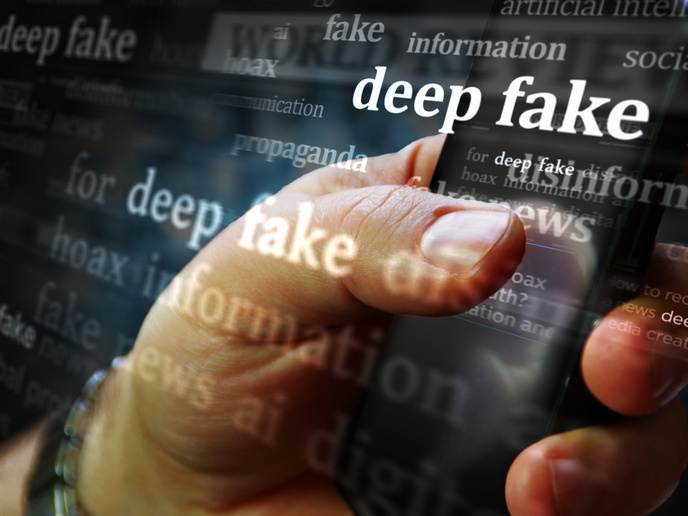Set to private? The political challenges posed by social media
When talking about the ‘new normal’ of post-pandemic life, we generally refer to working from home and using social media and videoconferencing software to keep in touch with the wider world. But the truth is this transition has been a long time in the making, and it also affects diplomats and policymakers. Long before 2020, digital tools had begun challenging the old diplomatic ways. The DIPLOFACE (Diplomatic Face-Work – between confidential negotiations and public display) project, funded by the European Research Council (ERC), focuses on this game-changing evolution. How did social media impact traditional politics? Do efforts from policymakers to present themselves proactively in tweets interfere with closed-door negotiations and their culture of restraint and secrecy? What about the digitalisation of Brussels’ diplomacy before and after COVID-19? It would be tempting to answer the second question in the affirmative. In the United States, president Donald Trump became infamous for his tweets, often catching international partners off guard. But Rebecca Adler-Nissen, DIPLOFACE principal investigator, depicts a much more subtle reality. “Trump’s tweets are symptomatic of some aspects of online political behaviour, but the online political world is as multifaceted as its offline counterpart. Diplomatic protocol and self-restraint are not suddenly replaced by aggressive posts in caps lock: they continue to play their role also online,” the University of Copenhagen professor explains.
Striking a balance
What social media politics does is to challenge the balance between effective international cooperation and public legitimacy. Rolling 24/7 live media coverage and the mass adoption of emails, videos and updates, coupled with demands for more transparency in world politics, means policymakers have to walk an increasingly thin line between both aspects of politics. COVID-19 is a great example in this regard. DIPLOFACE studied how the pandemic has affected diplomacy throughout restrictions, social distancing and the sudden turn to online meetings and videoconferences. They found that the change wasn’t so sudden after all. “Sociologist Karin Knorr Cetina calls this the ‘synthetic situation’. We show that most diplomatic meetings were already digitally mediated (or synthetic) pre-COVID. What’s interesting is to see how technological change affects diplomacy by creating both professional tensions and personal resistance in synthetic situations,” Adler-Nissen explains. Surprisingly, this relationship is still poorly understood. Closing this gap requires observation of the negotiation process ‘live’ inside the engine room of diplomacy, while accounting for all external actors. “Our research investigates for the first time how leaders and diplomats handle the sudden and unforeseen entanglement between private diplomatic negotiations and the public. We do this by combining various methods and gathering different kinds of empirical data: field work, direct observations, interviews and analysis of millions of social media updates,” Adler-Nissen notes.
Information overflow
In practice, social media and video meetings hardly deliver on their promise of more accessibility and transparency. The team has also found that local interpretations and use patterns of social media platforms differ considerably. While some practitioners embrace new communication tools to build up their profiles as competent negotiators, others grow tired of the constant communication, information overflow and breaches of confidentiality. “More fundamentally, the digital revolution questions the norms and standards of the diplomatic profession. The use of social media is a struggle not only to present national selves, but also to define the ideals of the diplomatic profession,” Adler-Nissen notes. Adler-Nissen’s work now continues with a focus on how international political life responds to the digital transition, and whether this transition creates inequalities between countries. “I think I will never leave this project, even when it formally ends. DIPLOFACE is the most intellectually stimulating and challenging academic experience I have had so far and there are still many aspects of diplomacy left to explore and explain,” she concludes.
Keywords
DIPLOFACE, diplomacy, social media, Twitter, negotiations, policymakers, politics







